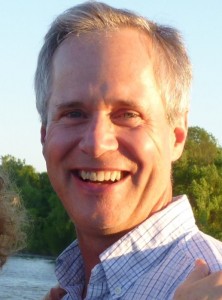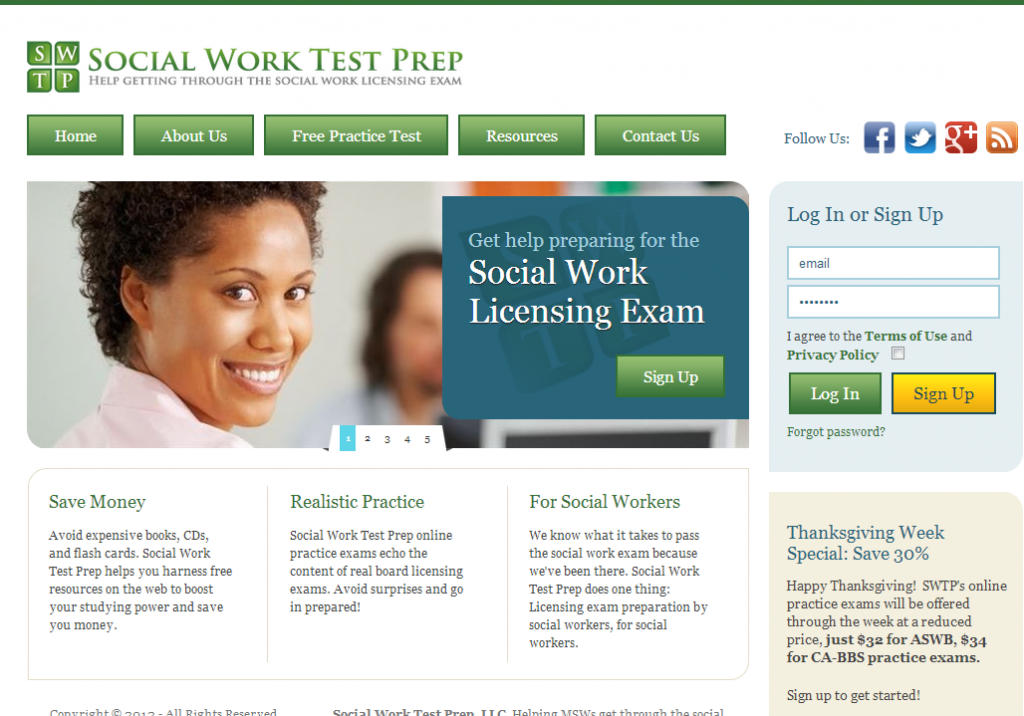Shannon Hodges is the author of 101 Careers in Counseling and several other titles. He spoke to WTCI via email about his career and what he’s learned from it.
What’s your background? What do you do now?
My background includes some 20 years of personal and career counseling in community mental health agencies, university counseling centers, and in student affairs (supervising college residential living communities and other roles). I have also directed a county mental health clinic in Oregon and run a university counseling center in Minnesota.
I am currently an Associate Professor of Counseling at Niagara University where I teach several classes. In addition, I have published several books, professional journal articles, in magazines and newspapers, and recently a mystery novel with a counselor as the main character.
What’s your next book going to be?
I’m writing two books, one professional book on college and university counseling centers with a colleague from Niagara University and two colleagues from Georgia Tech. I also just completed the first draft of a follow-up mystery book, (same character as in the first). The main character is a counselor who stumbles into and helps solve mysteries, albeit not always in the neatest package.
The title is The College and University Counseling Manual: Essential Services Across the Campus. My colleagues and I are writing about traditional services provided by the college counseling center, personal counseling, career, individual and group counseling, etc. So, we are exploring traditional services but also examining emerging trends and changes. (e.g., counselors working in the residence halls, counseling students with high functioning autism and asperger’s syndrome, etc.). Finally, the last chapter of the book will address 21st century changes: distance education, use of Skype for distance counseling, counselors providing mediation and conflict resolution training for students, extensive trauma counseling and debriefing skills and function, etc.
How has college counseling changed over the years? Has the clinical approach altered? Is there a shift in what problems clients are presenting with?
College counseling, like all of higher education college counseling, is changing due to costs and technology. So, while clinical approaches are similar (e.g., cognitive behavioral and humanistic approaches likely dominate), the way services are being delivered will change. For example, Georgia Southern University just outsourced their counseling center. This is a big concern as to make money the company providing the services will have to reduce services. This means college counseling at Georgia Southern will be more focused and less present in general student affairs. (Will they continue to help with say, Resident Advisor training? Will they participate in Project Safe Zones for Gay & Lesbian students, etc.?).
There are shifts in the types of students and issues being presented at college counseling centers. Most especially, student with high-functioning autism and aspergers are matriculating to college and they need a lot of assistance with social skills. Far more student on psychoactive medications are coming to college than ten years ago. Counseling via Skype will become more common on college campuses as well.
Of all the different kinds of work you’ve done, what’s been the most rewarding?
I would say it would a tie between counseling and teaching. In both cases you work hard to get healthy messages across to sometimes unenthusiastic clients and students. When these go well, I feel a real sense of accomplishment. These two different types of professional work leave me feeling that maybe, just maybe, I made some small difference to someone.
How did you come to write the books that you have?
I became interested in becoming a writer in my early twenties but it took several years before I had any luck getting published. I began in the “backwaters” of writing by authoring articles in newsletters and college newspapers. Then, in graduate school a journal accepted one of my articles and the article won an award. More confident, I began having more success.
Although I do a wide variety of writing (e.g., fiction, professional journals, magazine, etc.), fiction is my real love. The most engaging aspect of fiction writing is creating an interconnected world. I expect all fiction writers might mention this as well. My goals for the future are to write more mystery novels, magazine pieces, and professional journal articles.
Watch a Shannon Hodges interview here. Find books he’s authored at Amazon.


Leave a Reply
You must be logged in to post a comment.